How Air Control Valves Enhance Efficiency in Modern HVAC Systems
In the ever-evolving landscape of HVAC technology, Air Control Valves emerge as pivotal components that significantly enhance system efficiency and performance. According to a recent report by the American Society of Heating, Refrigerating and Air-Conditioning Engineers (ASHRAE), the optimization of airflow management through the use of advanced air control valves can improve energy efficiency by up to 30%. This optimization is critical as HVAC systems account for nearly 40% of energy consumption in commercial buildings, as noted by the U.S. Department of Energy. By controlling and adjusting air distribution, these valves not only help in maintaining comfortable indoor climates but also contribute to substantial cost savings and reduced environmental impact. The integration of smart technologies into air control valves further amplifies their effectiveness, allowing for real-time monitoring and adjustment, which is essential in modern energy-efficient building designs. Thus, understanding the role of Air Control Valves is crucial for those aiming to enhance the overall efficiency of their HVAC systems.
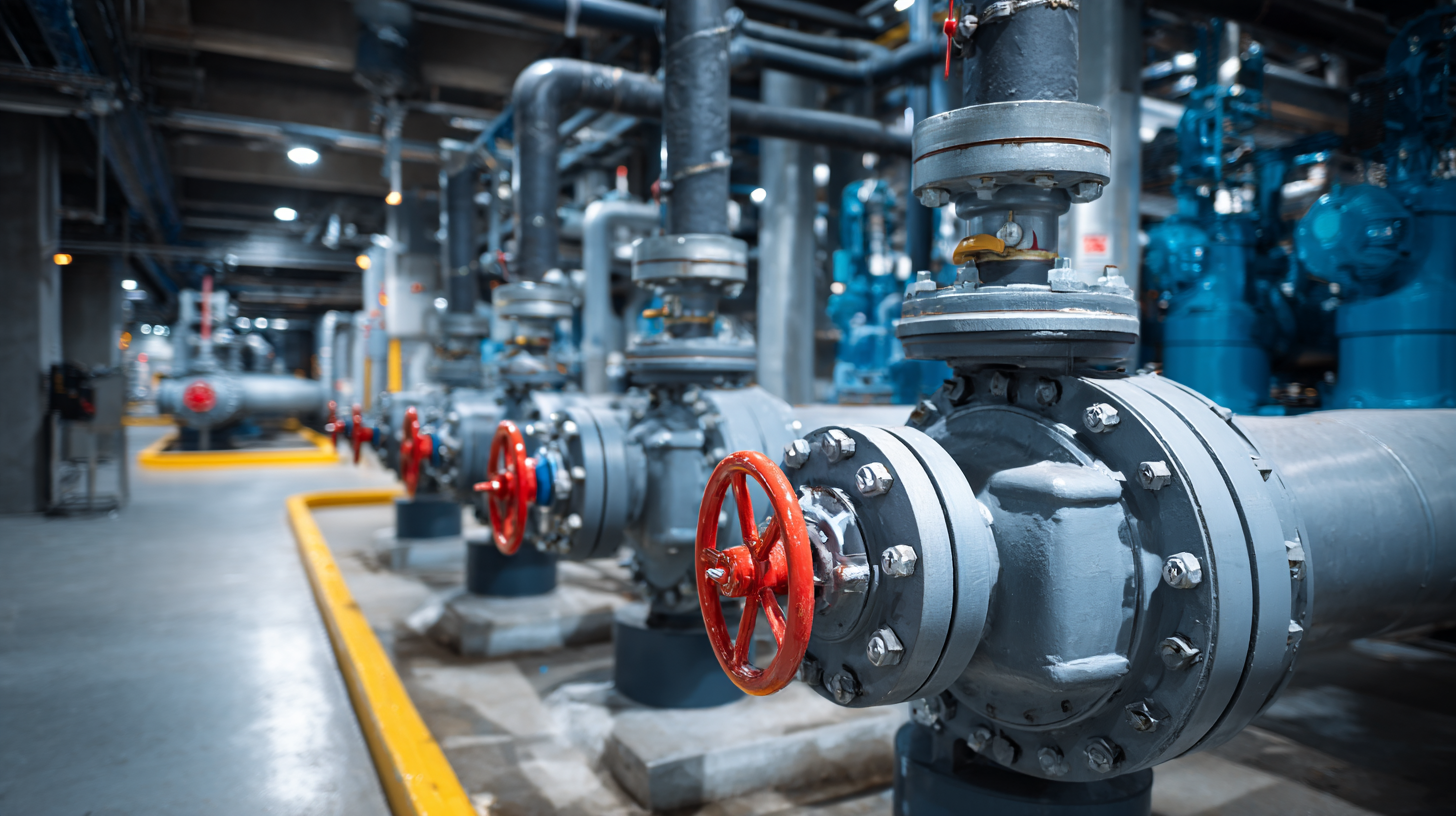
Understanding Air Control Valves: The Heart of HVAC Efficiency
Air control valves play a crucial role in enhancing the efficiency of modern HVAC (Heating, Ventilation, and Air Conditioning) systems. These devices are responsible for regulating the flow of air throughout a building, ensuring that the right amount of conditioned air reaches each room. By carefully adjusting the airflow based on demand, air control valves help maintain consistent indoor temperatures and improve overall comfort levels. This dynamic adaptability not only enhances user experience but also contributes to energy savings, as systems can operate more efficiently without excessive energy expenditure.
Understanding the functionality of air control valves reveals their significance as the heart of HVAC efficiency. These valves can be automated to respond to real-time environmental conditions and occupancy status, optimizing the energy usage of the entire system. Advanced designs, such as variable air volume (VAV) systems using electronic controls, allow for precise balancing of air distribution, minimizing waste and maximizing performance. Consequently, investing in high-quality air control valves not only leads to a more effective HVAC system but also fosters sustainability by reducing the environmental impact of energy consumption.
Key Benefits of Air Control Valves in Modern Airflow Management
Air control valves play a crucial role in enhancing the efficiency of modern HVAC systems by optimizing airflow management. One of the key benefits is their ability to precisely regulate air distribution throughout a building. By automatically adjusting the airflow based on real-time demand, these valves ensure that each space receives the appropriate amount of conditioned air. This not only enhances comfort for occupants but also significantly reduces energy consumption, as excess airflow can lead to unnecessary heating or cooling.
Moreover, air control valves contribute to improved indoor air quality. By maintaining balanced airflow, they help prevent the stagnation of air in certain areas, which can lead to the accumulation of pollutants and allergens. This is particularly important in commercial spaces where air quality standards are stringent. Additionally, with the integration of smart technologies, these valves can be monitored and controlled remotely, providing building managers with valuable data to optimize system performance further.
The seamless functionality of air control valves ultimately supports a sustainable, efficient, and healthier indoor environment.
Tips for Selecting the Right Air Control Valves for Your System
When it comes to selecting the right air control valves for your HVAC system, there are several critical factors to consider. First, assess the specific requirements of your system, including the type of air distribution and the pressure levels necessary for optimal performance. Different applications may require varying valve types, such as modulating or on/off valves, which directly influence the efficiency and responsiveness of airflow management.
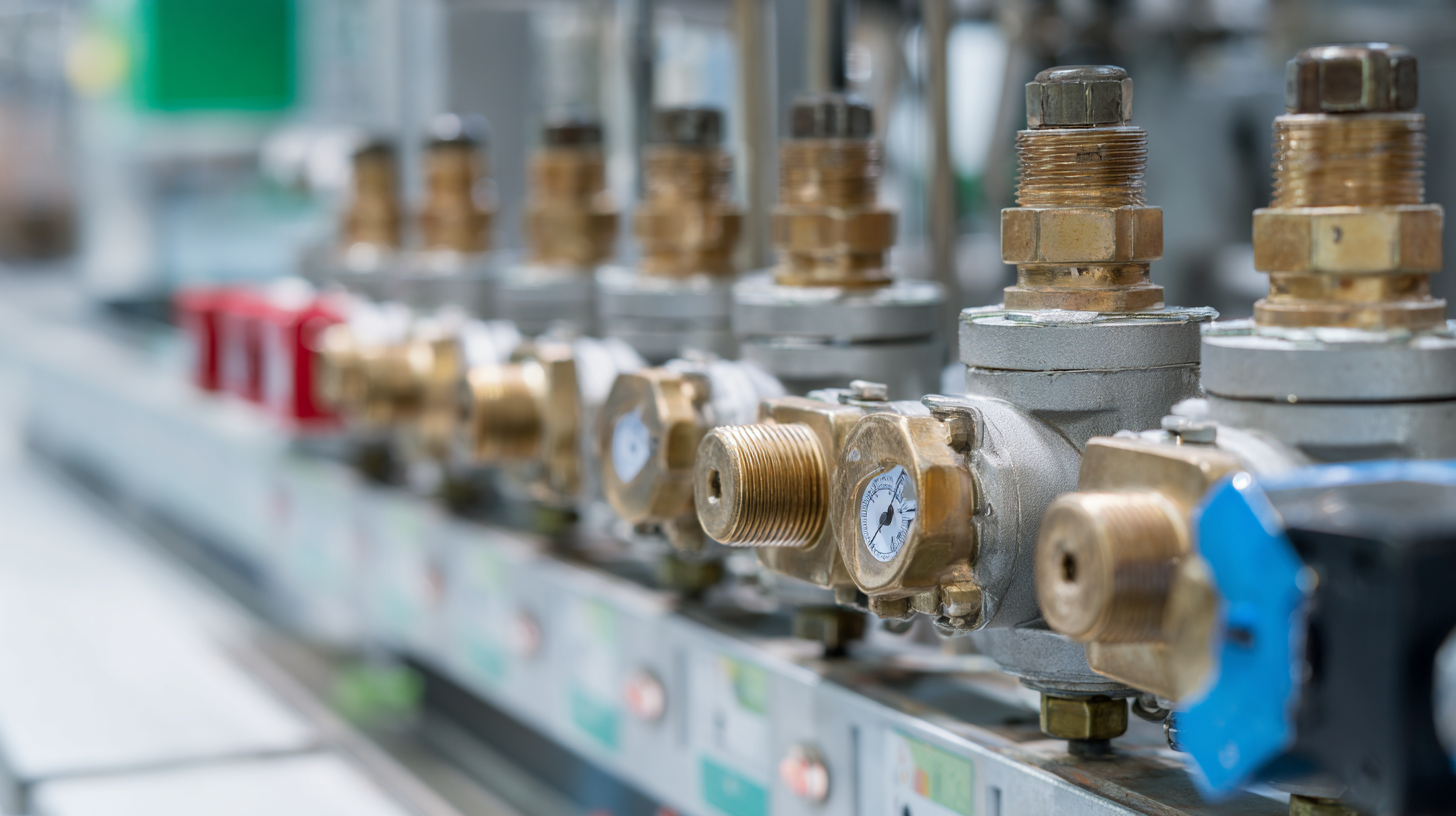
Additionally, pay attention to the compatibility of the air control valves with existing components in your HVAC system. Ensuring that the selected valves align well with the ductwork and fans will not only enhance performance but also contribute to energy savings. It's also important to consider the materials and build quality of the valves, as durability and reliability can significantly affect long-term maintenance and operational efficiency. By keeping these factors in mind, you can choose air control valves that deliver optimal performance and extend the lifespan of your HVAC system.
How Air Control Valves Optimize Energy Use in HVAC Operations
Air control valves play a crucial role in optimizing energy usage within modern HVAC systems. By precisely regulating airflow, these valves ensure that heating and cooling resources are utilized effectively, minimizing waste. When installed in conjunction with sensors and thermostats, air control valves can adjust the air distribution based on real-time demands, leading to a more consistent temperature and increased comfort for occupants. This dynamic response system reduces unnecessary energy consumption, ultimately lowering utility costs.
Furthermore, the integration of advanced technology in air control valves enhances their efficiency. Smart valves can communicate with the building management system to gather data and analyze performance trends. This information allows for predictive maintenance, preventing potential issues before they arise and ensuring that the system operates at peak efficiency. By maximizing the energy use in HVAC operations, air control valves not only contribute to sustainability efforts but also extend the lifespan of HVAC equipment, demonstrating their significance in a modern energy-conscious environment.
Maintenance Best Practices for Ensuring Optimal Valve Performance
Regular maintenance of air control valves is essential to ensure optimal performance in modern HVAC systems. According to a report by the American Society of Heating, Refrigerating and Air-Conditioning Engineers (ASHRAE), improperly maintained HVAC systems can lead to energy inefficiencies that contribute to up to 30% higher energy costs for commercial buildings. To mitigate this, routine inspections should be implemented to check for proper functioning, leakage, and any signs of wear or corrosion.
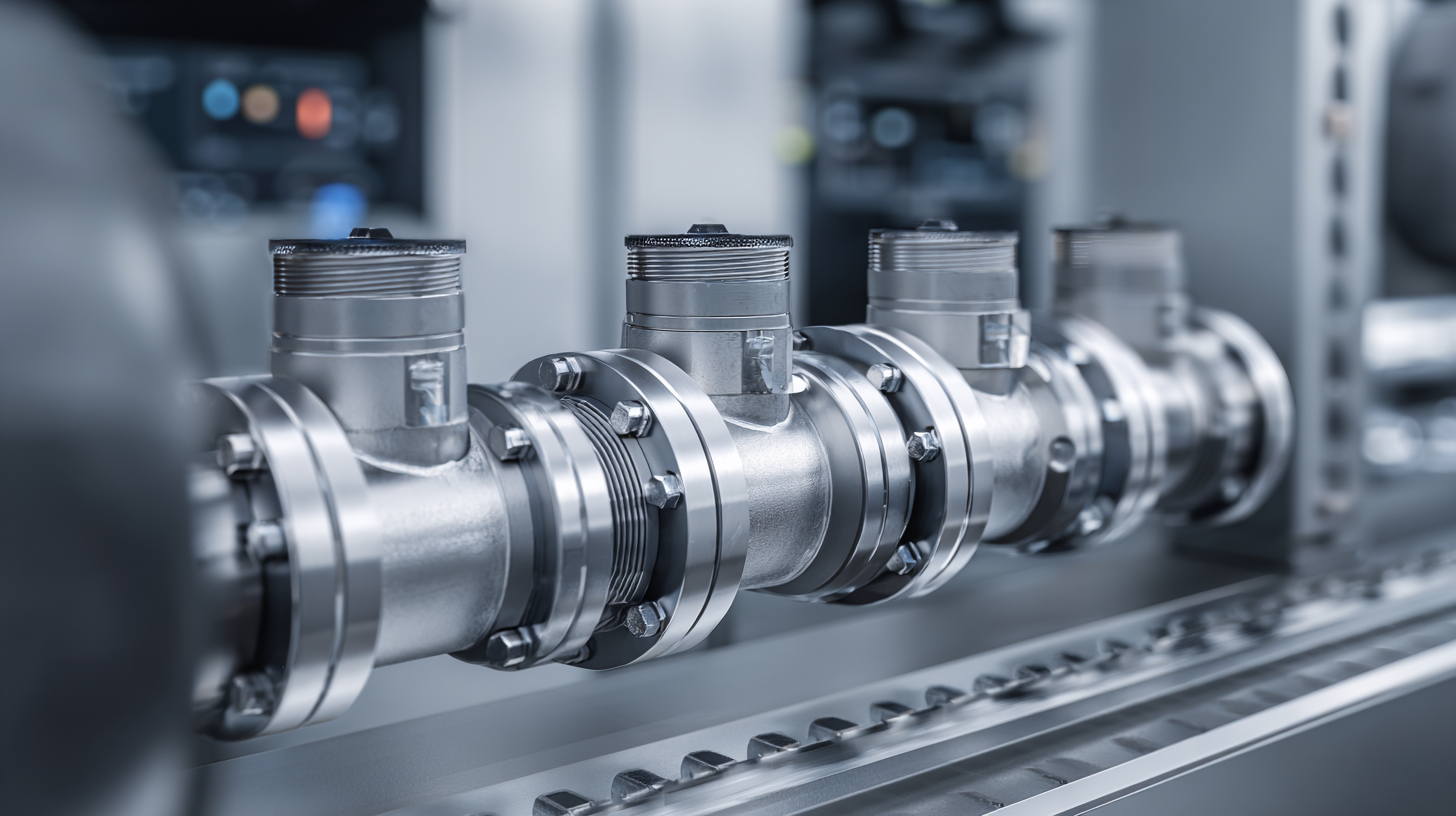
Cleaning the valves on a scheduled basis is also crucial. The Eurovent Certification Company notes that dirt and contaminants can significantly hinder valve performance, potentially leading to a 20% drop in system efficiency. Moreover, addressing issues such as faulty actuators or inadequate sealing can improve the overall reliability of the HVAC system.
By following these maintenance best practices, facility managers can not only enhance the performance of air control valves but also extend the lifespan of the entire HVAC system, leading to significant cost savings and improved indoor air quality.
Related Posts
-
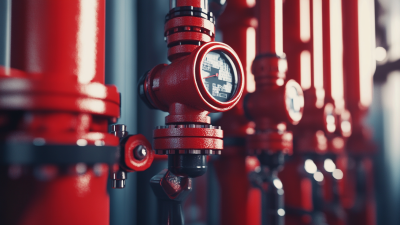
Premium Quality Air Control Valves: Leading Global Exports from China
-
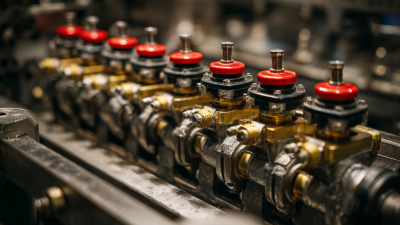
Unlocking the Advantages of Superior Air Control Valves for Enhanced Performance
-

Essential Guide to Choosing the Best Air Control Valves for Optimal Performance
-
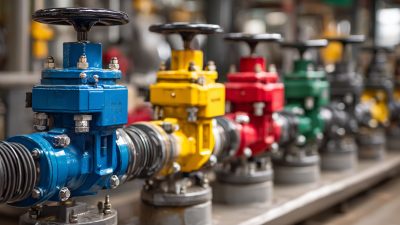
Understanding the Different Types of Control Valves: A Comprehensive Guide
-

Evaluating Automated Valves: A Comparative Analysis of Performance Metrics and Efficiency in Industrial Applications
-
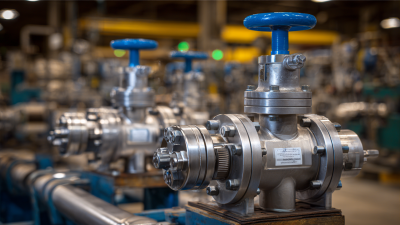
How to Select the Right Valve Control Valve for Your Industrial Application